BBC Green Paper: Key points
- Published
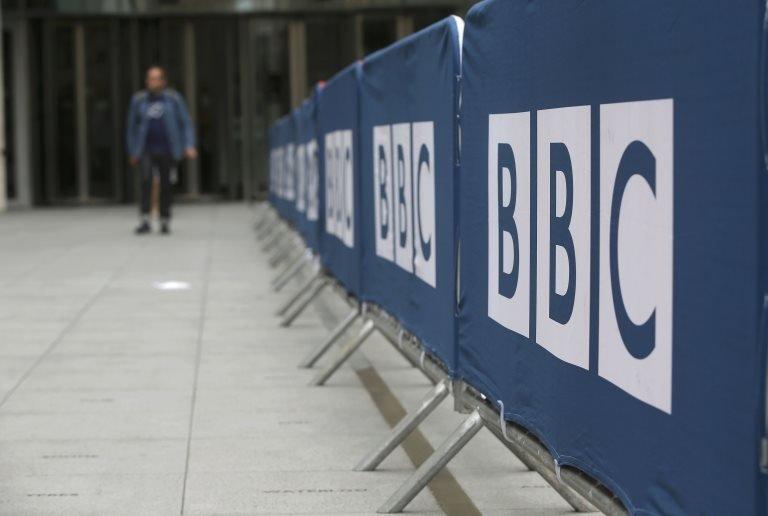
The government has launched a consultation paper on the future of the BBC.
It spells out fundamental questions about the broadcaster's future, which it will debate before renewing the BBC's Royal Charter.
These are some of the key passages from the 86-page document, external.
1) Is the BBC failing audiences?
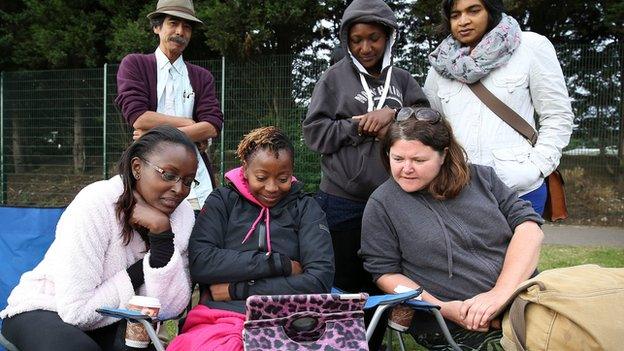
The BBC and other broadcasters face the challenge of reaching a diverse audience
"The BBC remains highly valued and well-used by the majority of people within the UK. But there are variations across different groups and there are particular challenges in reaching black, Asian and minority ethnic audiences and in meeting the needs of younger age groups who increasingly access content online, rather than via the traditional platforms of television and radio.
"There is also variation across the nations and regions of the UK. Charter Review will consider the extent to which the BBC is meeting the needs of these different segments of the domestic audience."
2) Should the BBC make shows like Strictly?

The BBC has sold the format for Strictly Come Dancing across the world
"The BBC provides a wide range of content across platforms which would either not be provided or under-provided by the wider market. For example, distinctive natural history series such as Planet Earth, in-depth classical music and arts programming on Radio 3, innovative documentary series such as a History of the World in 100 Objects for Radio 4, and quality science programming such as Horizon.
"However, it also provides a range of programming which is arguably less distinctive from the content that its commercial competitors provide. Concerns have been raised that the BBC behaves in an overly commercial way, encroaching on TV genres and formats that could be served well by its commercial competitors.
"This does not mean that the BBC should not be entertaining; it is about the BBC providing distinctive programming across all genre types. For example, the BBC acquired the format for The Voice. This was a singing talent show developed overseas, bought by the BBC at a reported cost of around £20 million and similar to ITV's X-Factor. This is in contrast to Strictly Come Dancing which was developed by the BBC in-house and then sold abroad.
"Similarly, questions have been raised about whether content carried on the BBC's website is sufficiently distinctive from content that can and is being developed and delivered by others."
3) How should we pay for the BBC?
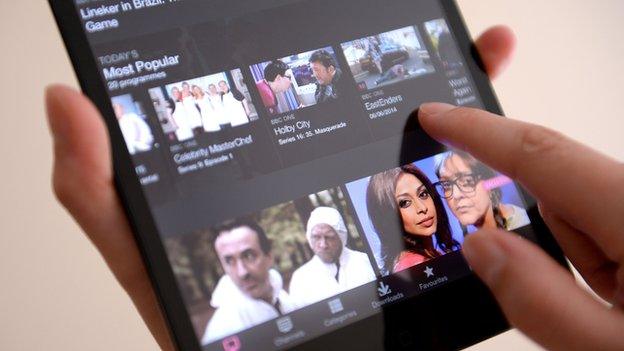
The government is to close the "iPlayer loophole" which allows people to use the service without a licence fee
"There is a range of options for reforming funding of the BBC," the Green Paper observes, but "no funding option is perfect and all involve trade-offs".
It goes on to list the alternatives, including ones that have already been discounted.
An advertising-funded BBC. "There is little appetite for a move to an advertising mode... The market is not large enough to sustain an organisation the size of the BBC in its entirety."
Funding through general taxation. "This is not appropriate because it would risk lessening the BBC's independence from Government."
A reformed licence fee. "The licence fee would be retained but reformed to close the 'iPlayer loophole,'" which means catch-up TV does not require a licence.
A universal household levy. "Based on the German model under which all households pay a fee for provision of media, including TV, radio, online and on demand content."
Mixed public funding and subscription. Combining the licence fee or household levy with a "top-up" for premium content, or a "subscription-only" iPlayer.
4) Could licence fee income be shared?
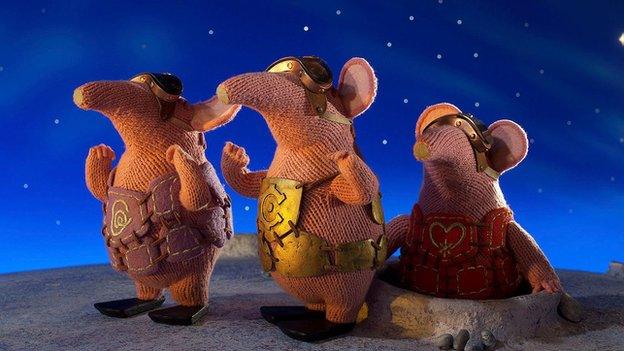
The BBC accounts for 97% of total spending on children's programmes
"Should some funding be made available to other providers to deliver public service content?" asks the Green Paper.
In other words, should some of the BBC's income be given to other broadcasters who wish to make their own public service programmes - such as children's television, where "the BBC has a near monopoly".
"This money could still be available to the BBC to compete for, or could be solely for other providers," the document says.
5) Should the BBC have a set of core values?
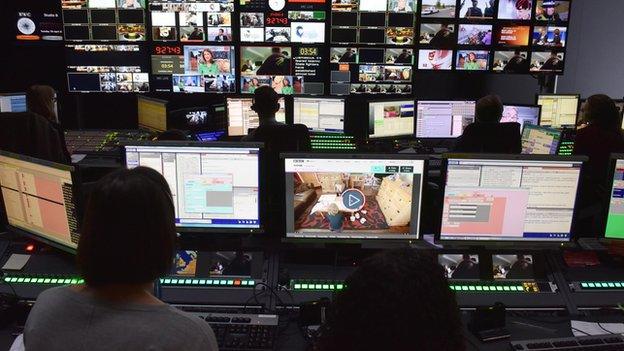
The BBC mission is to "enrich people's lives with programmes and services that inform, educate and entertain"
Noting that the BBC has no "codified set of values", the Green paper asks whether such a statement of goals would be beneficial.
"The last Charter period has proved to be one of the most tumultuous in the Corporation's history, and numerous issues have arisen which placed the BBC's people and working practices under a great deal of scrutiny," it says.
"The BBC is a public broadcasting organisation, and it is right that its values should reflect the views of the public. This Charter Review presents the opportunity to consult on what a potential set of values might be."
A list of potential values is suggested in the document:
Independent
Impartial
High quality
Efficient/value for money
Transparent
Distinctive
Diverse/representative
6) How should the BBC be regulated?
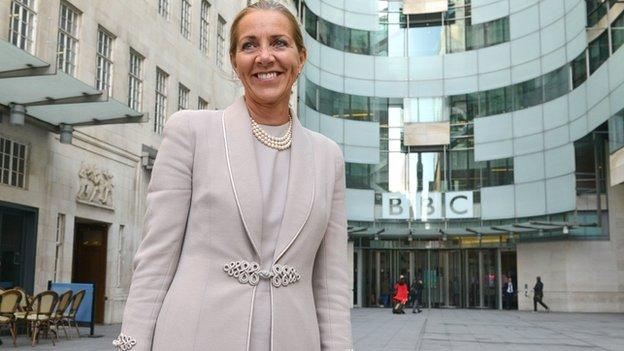
Rona Fairhead is the current chairman of the BBC Trust
Over the last 10 years, several headline-making failures - from "excessive severance payments" to a "cancelled report on Jimmy Savile" - have called into question the BBC's governance.
With that in mind, should the BBC Trust be scrapped or reformed? The government sets out three options.
A model based on the Trust - with stronger powers to censure the BBC, "for example by giving the Trust the ability to withhold funding".
A new standalone regulatory organisation - such as the Public Service Broadcasting Commission.
Moving more regulation to Ofcom.
- Published16 July 2015
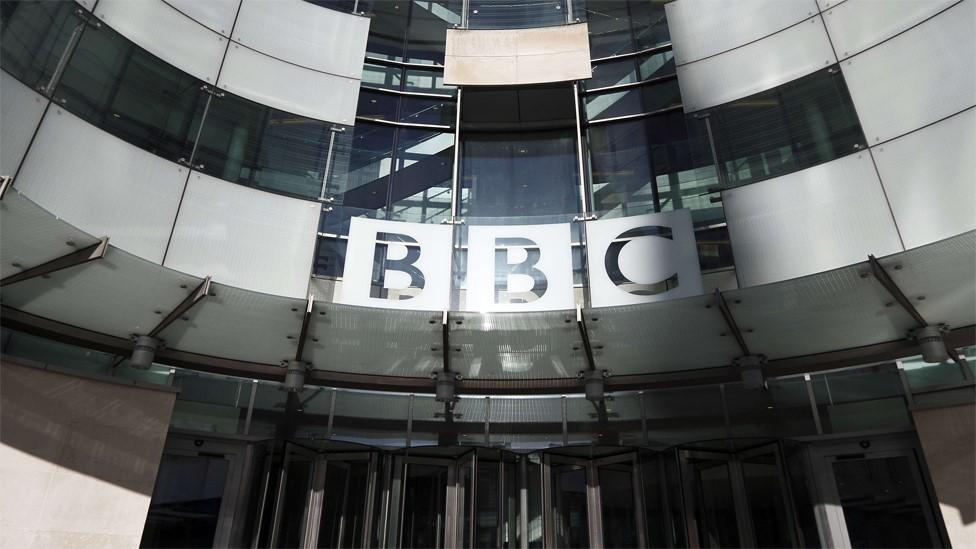
- Published16 July 2015
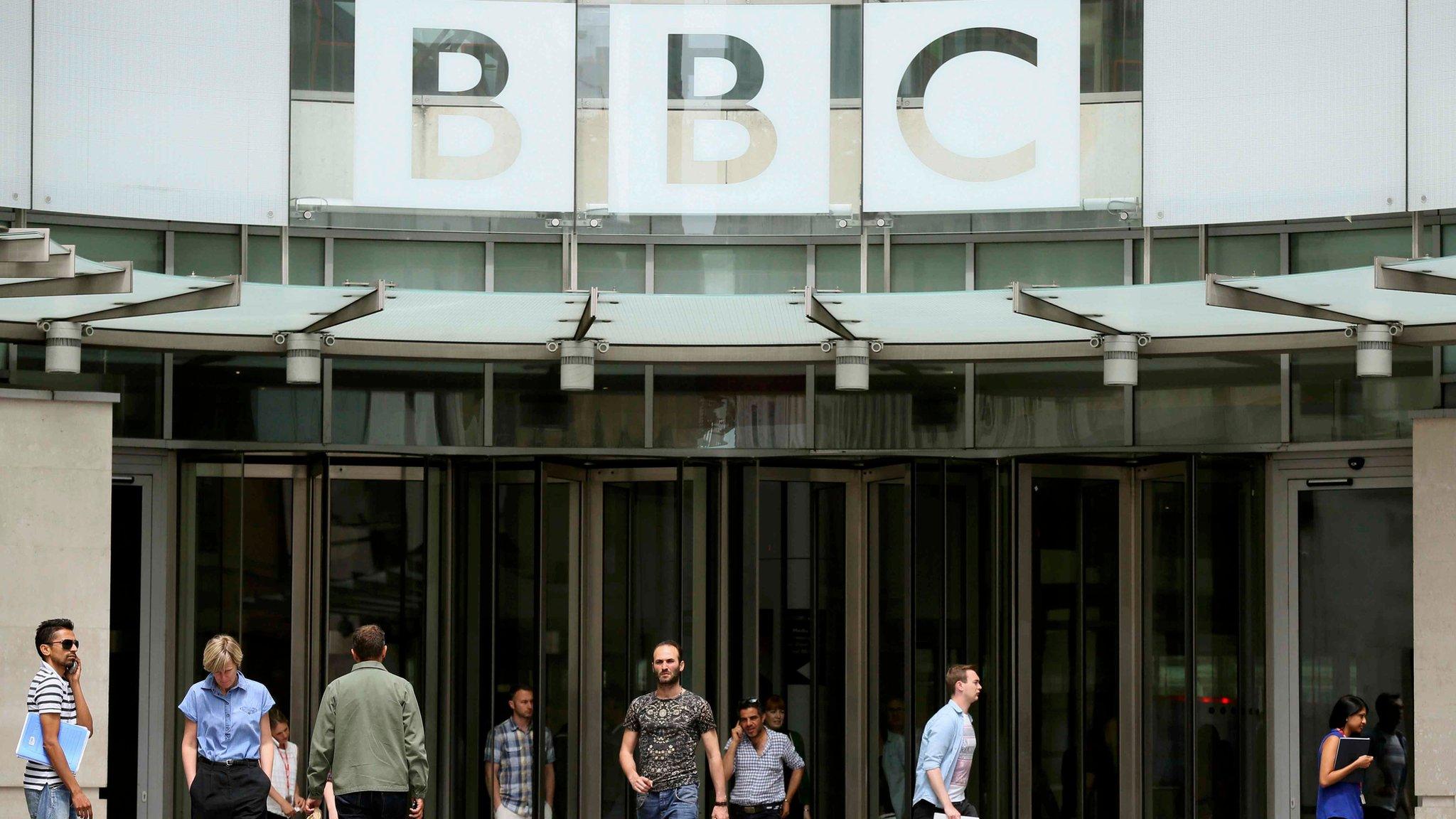
- Published15 July 2015
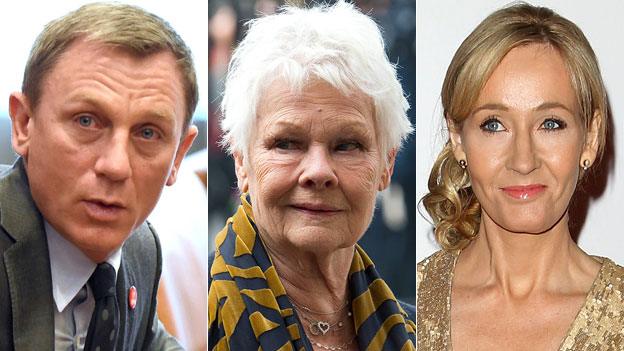
- Published14 July 2015
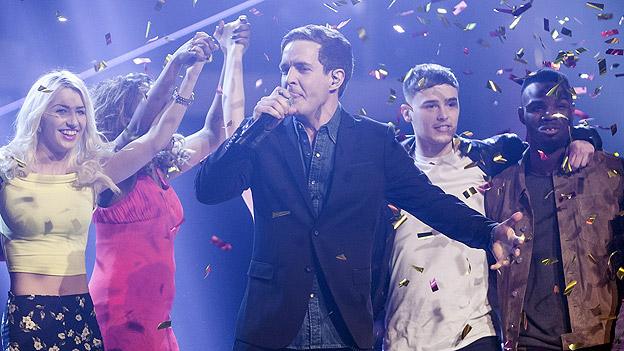
- Published12 July 2015
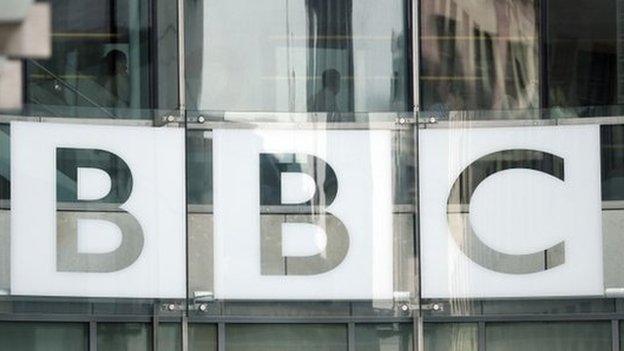
- Published6 July 2015
